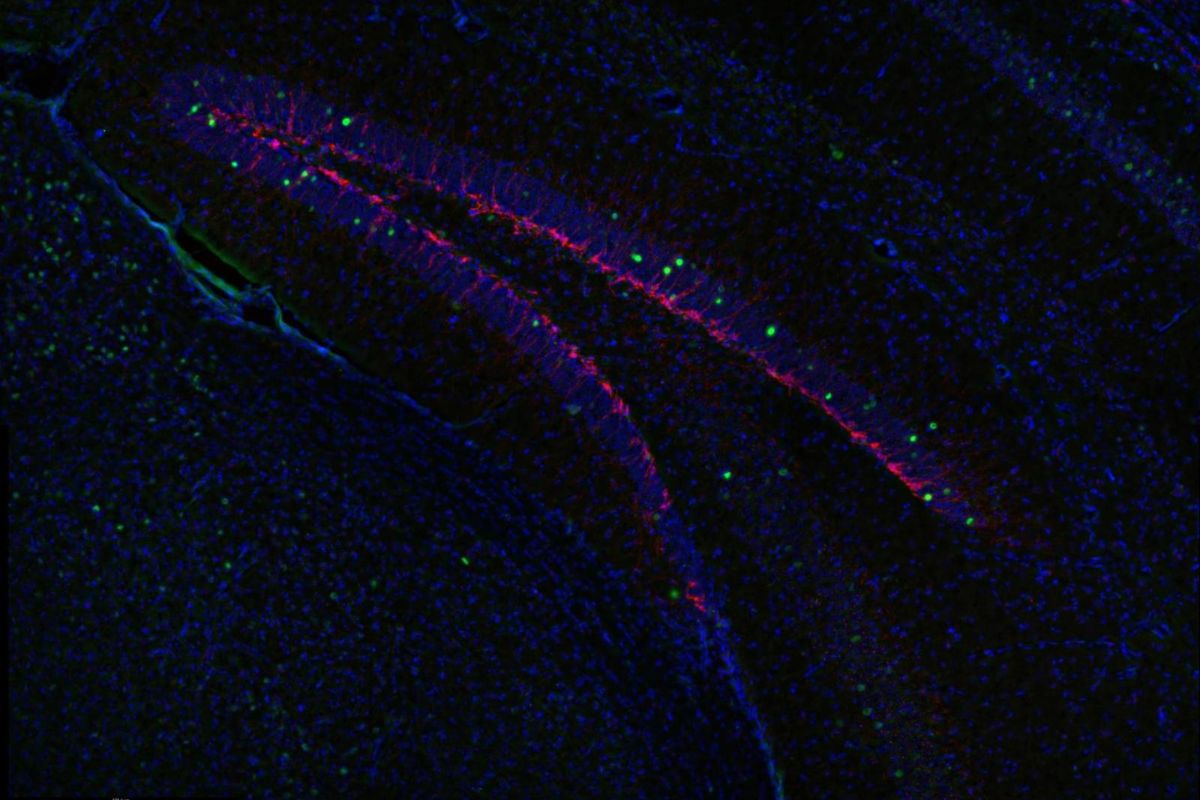Poverty and mental health present a classic “chicken and the egg” conundrum. Does mental illness hamper economic success? Or do financial failures threaten one’s mental well-being?
Those are the questions a multinational group of researchers sought to answer with a groundbreaking study in the journal Nature Human Behaviour. And the short answer is, yes. The two aren’t just linked; they’re part of a causal relationship.
“This study indicates that certain mental health problems can make a person’s financial situation uncertain,” Amsterdam UMC psychiatrist Marco Boks said. “But conversely, we also see that poverty can lead to mental health problems.”
Making Sense of a Complex Relationship
Earlier research hinted at a strong link between poverty and mental illness, but extricating cause from effect remained a challenge. Mental illness can endanger one’s financial stability if, for example, it prevents one from reporting to work or faces pressure from climbing healthcare costs.
On the other hand, financial hardship can lead to psychological issues.
Leveraging data from the U.K. Biobank and the international Psychiatric Genomic Consortium, the researchers – hailing from Amsterdam UMC, the University of Edinburgh, and the University of Modena – extracted a poverty factor based on multiple factors. The teams then applied Mendelian randomization to gauge causality.
“We were able to capture aspects of poverty shared between the individual, the household, and the area in which one lives. This enabled us to better identify the causal effects of poverty on mental illness,” University of Edinburgh statistical geneticist David Hill added.
What they found is, well, complicated:
- Schizophrenia and ADHD might contribute to poverty.
- Poverty appears to exacerbate major depressive disorder (MDD) and schizophrenia.
- But poverty lowers the risk of anorexia nervosa.
- Poverty’s impact on ADHD remains uncertain due to potential pleiotropy.
Finally, it’s worth noting that once the researchers adjusted for cognitive ability, poverty’s influence on mental illness fell by about 30 percent.
“There is often confusion about the use of genetic data to investigate the relationship between poverty and mental illness. We emphasize that this does not mean that poverty is genetic. On the contrary, with genetic data, we were able to identify poverty as a modifiable environmental factor for mental health,” Boks concluded.
Methodology of Poverty
This study builds on the foundation laid by August Hollingshead and Frederick Redlich back in 1958. The pair were the first to show a link between lower socio-economic status and severe mental illness.
Decades later, socioeconomic disparities continue to shape mental health worldwide. Multiple epidemiological studies confirm the strong association between socioeconomic status and mental health. But evidence for a causal relationship remained elusive – until now.
Social causation and social selection have long competed as the two leading predominant hypotheses. Social causation posits that socioeconomic adversity triggers mental illness in vulnerable individuals. On the other hand, social selection suggests that mental illness leads to downward social mobility.
Randomized controlled trials to explore this causality aren’t just impractical, they’re ethically problematic. That’s why the researchers turned to Mendelian randomization.
This method used genetic data from genome-wide association studies (GWAS) to test causal models. The study’s comprehensive approach involved calculating a poverty factor based on criteria such as household income, occupational income, and social deprivation.
Forward and backward Mendelian randomization analyses showed significant causal effects of poverty on ADHD, anxiety disorder, major depressive disorder, post-traumatic stress disorder, and schizophrenia. Conversely, it showed the opposite effects on anorexia nervosa and obsessive-compulsive disorder.
The study also examined each poverty indicator separately, confirming the bidirectional effects between poverty and some mental illnesses.
These findings highlight the complex interplay between poverty and mental illness and underscore the importance of addressing socioeconomic disparities with comprehensive poverty measures. The results suggest that public health interventions targeting poverty could significantly enhance mental health, especially when cognitive ability is considered.
Further Reading
Depression in the US Population During the Time Periods Surrounding the Great Recession
Cognitive Decline Threatens Financial Stability of Older Americans
Health Care-Seeking Behaviors of African American ADHD Patients and Their Families



